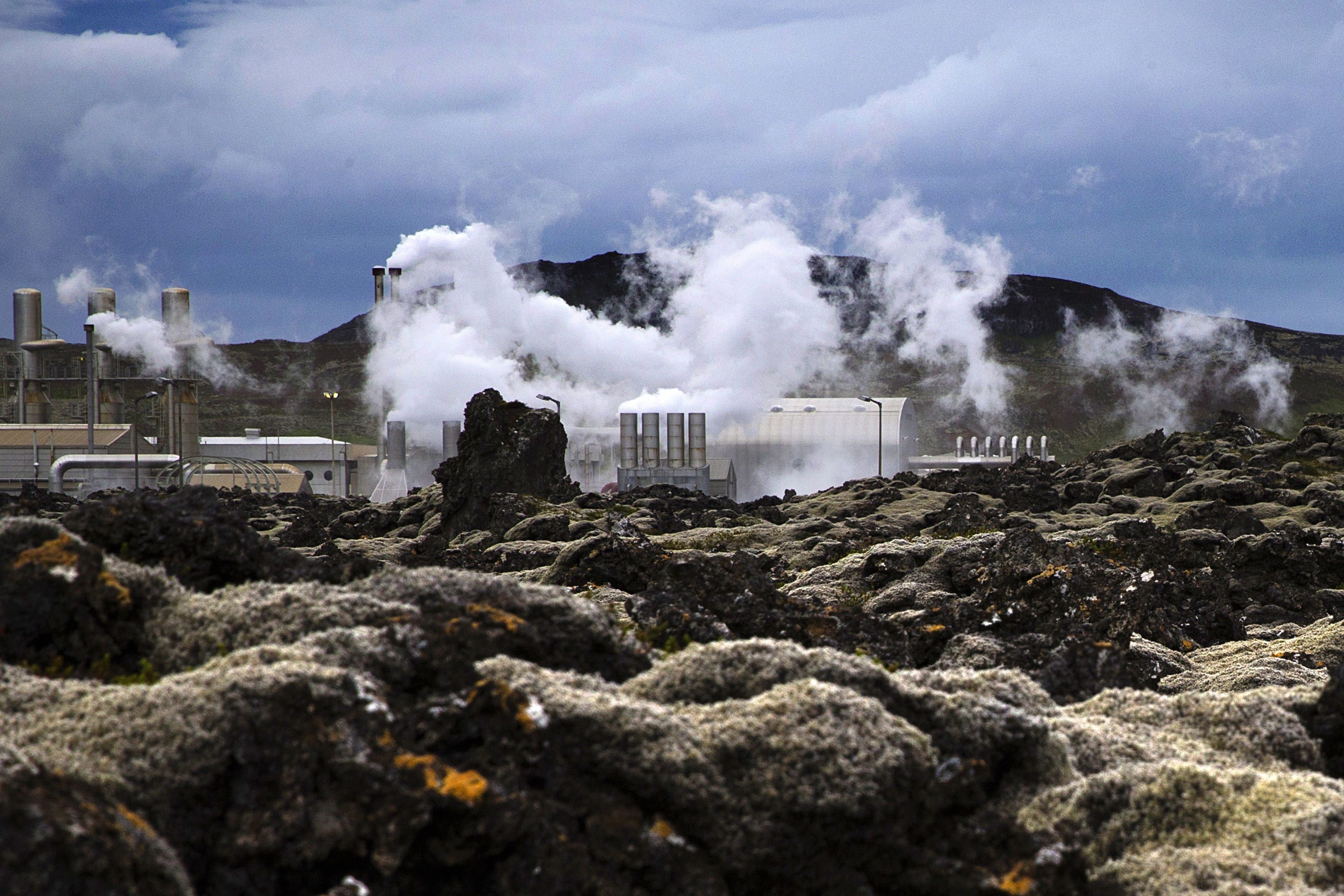Massive new geothermal power plant marks major milestone towards clean energy
Electricity made from the heat of the Earth will power 400,000 homes in the US

The largest new geothermal power development in the US has received the backing of a major utility company, in what is being hailed as a major boost towards addressing climate change.
Houston-based geothermal firm Fervo Energy is developing a plant capable of generating 400 megawatts of clean electricity – enough to power around 400,000 homes – in southwest Utah.
On Tuesday, Fervo announced that the utility company Southern California Edison utillty would be purchasing electricity from its new renewable energy facility.
The clean electricity will reduce the need for traditional power plants that cause climate change. The boost could go a long way toward bringing down the cost of a new generation of geothermal energy, said Wilson Ricks, an energy systems researcher at Princeton University.
“If these purchases help to get this technology off the ground, it could be massively impactful for global decarbonisation,” he said. Decarbonisation refers to switching out things that produce carbon dioxide and methane, which cause the climate to change, in favor of machines and methods that don't.
Today the world still relies mainly on fossil fuels for round-the-clock power. This new deal shows that clean power can meet a growing demand for electricity, said Sarah Jewett, vice president of strategy at Fervo.
“I think that’s why it’s so exciting. This isn’t a niche energy resource going to a niche use,” she said. “And that is something we have not had, you know, readily available" and able to be scaled up.
The first generation of geothermal plants, for example, The Geysers in California, tapped into superheated reservoirs of steam or very hot water close to the Earth's surface. Such reservoirs are relatively rare.
New geothermal companies are adapting drilling technology and practices taken from the oil and gas industry to create reservoirs from hot rock. That unlocks the potential for geothermal energy in many more places. Engineers have been working to advance the methods for years.
The United States is one of the world leaders in using the Earth’s heat to make electricity, but geothermal still accounts for less than half a percent of the nation’s total large-scale electricity generation, according to the US Energy Information Administration.
Fervo is pioneering horizontal drilling in geothermal reservoirs. It signed the world’s first corporate agreement with Google in 2021 to develop new geothermal power and drilled three wells in Nevada. That project began sending carbon-free electricity onto the Nevada grid in November to power data centers there.
Cape Station, about 200 miles south of Salt Lake City, is expected to start delivering electricity to California as early as 2026.
“This announcement is another milestone in California’s commitment to clean, zero-carbon electricity,” said California Energy Commission Chair David Hochschild.
“Enhanced geothermal systems complement our abundant wind and solar resources by providing critical base load when those sources are limited. This is key to ensuring reliability as we continue to transition away from fossil fuels.”
Additional reporting from agencies.
Bookmark popover
Removed from bookmarks